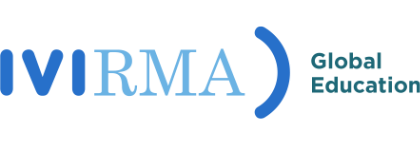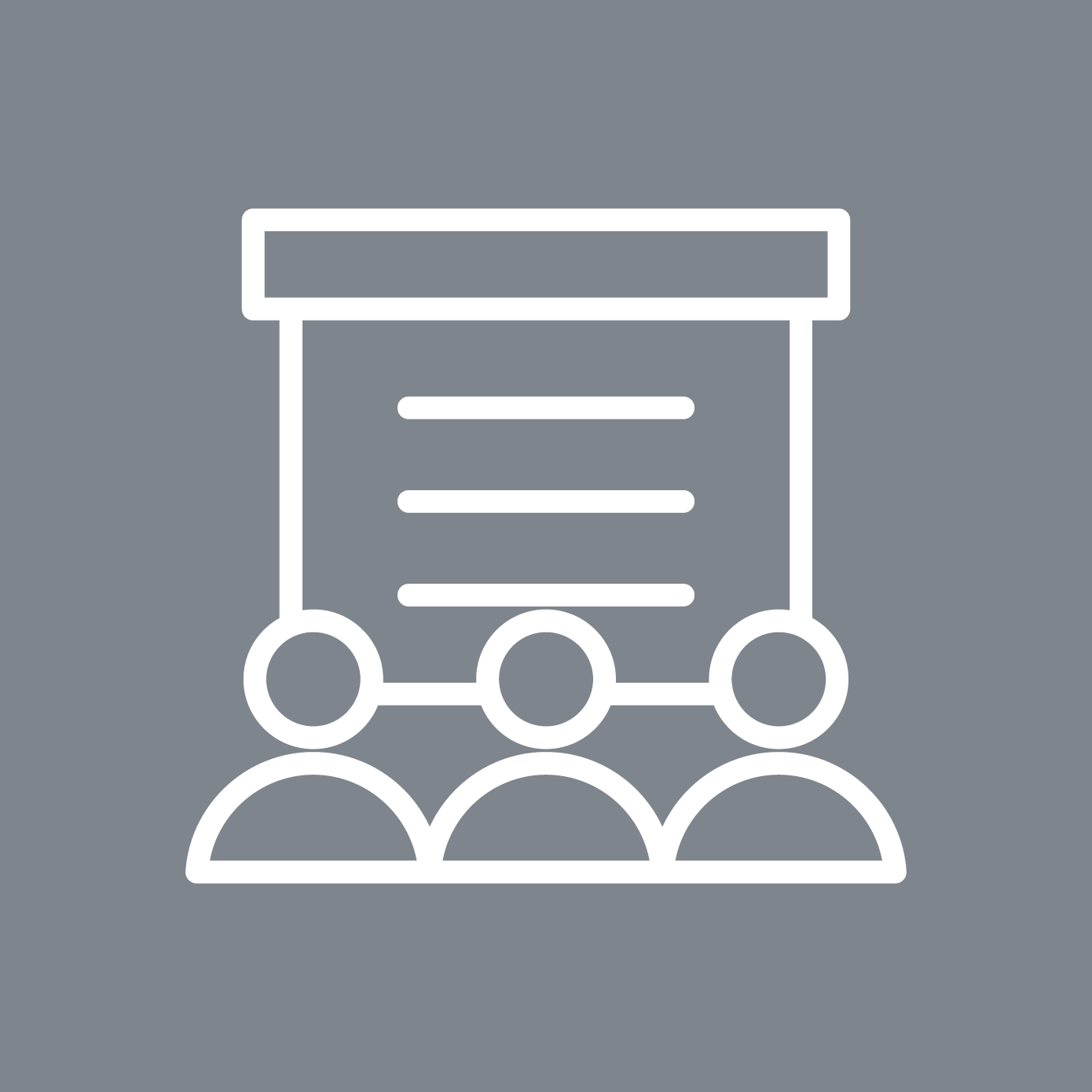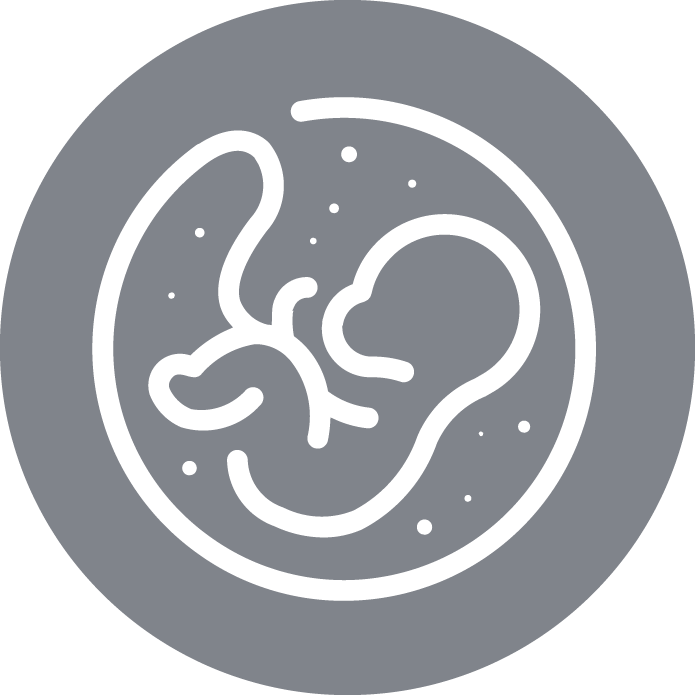Online course in Gametogenesis. Oogenesis, Spermatogenesis and their Deficiencies
AREA: Assisted Reproduction, Research
LANGUAGE: English
PLACES: 15
STUDENTS: 0/15 (0%)
START DATE & END:
24/11/2025 – 15/12/2025
MODALITY: Online
CENTER: IVIRMA Global Education
24/11/2025 – 15/12/2025
20 theoretical
100% flexible schedule
IVIRMA Campus
350 €
This course is accredited by the European Accreditation Council for Continuing Medical Education (EACCME). Once the course is completed, the student will be awarded 20 ECMEC´S credits
Intended for
Andrologists, Embryologists, Specialists in Reproductive Medicine, Gynaecologists, Doctors, Residents of Gynaecology and Obstetrics
Description
This course focuses on the basic concepts that comprise the biological foundation of assisted reproductive technologies.
We will review general concepts of meiosis focusing on gametogenesis, spermatogenesis, and oogenesis.
Regarding oogenesis, we will introduce the concepts of folliculogenesis, and stimulation procedures used in assisted reproduction. We will describe in detail the ovulation induction process and oocyte quality indicators, as well as the experimental techniques for future clinical application in direct relation to the basic knowledge of the course such as in vitro oocyte maturation and cytoplasmic transfer.
Regarding spermatogenesis, we will describe the sperm quality markers that allow an improvement in the diagnosis of male infertility and consider the factors that affect sperm quality and how they can be controlled.
We will also study the derivation of gametes from embryonic and/or adult stem cells, the effect of COVID-19 on assisted reproduction treatments, and the implementation of artificial intelligence in assisted human reproduction.
Important information:
The online course will be carried out through the e-learning platform: IVIRMA Campus. The student will receive a message with the access information and credentials 24/48 hours before the start of the course.
IVIRMA Campus can be accessed from Windows computers (7, 8 or 10) or Mac, using Chrome or Firefox in its last three versions. Access from mobile devices is not supported and does not ensure the correct operation of the course.
To successfully complete the training and obtain the corresponding certificate, the student must obtain a percentage greater than or equal to 70% of correct answers in the final evaluation. To do this, you will have two opportunities to take the exam.
Skills
Learning outcomes expected to be acquired by the student at the end of the course:
1. Identify the cellular processes related to gametogenesis, oogenesis, and spermatogenesis, and the deficiencies that may exist in the process.
2. Define the cytological description of the male and female gametes, considering their cellular physiology and the relationships with systemic endocrinology.
3. Relate oogenesis and folliculogenesis.
4. Control menstrual cycles in different patients.
5. Identify the characteristics of gametic quality.
6. Recognize the latest techniques in cell biology, aimed at the production and improvement of gametes for reproductive purposes.
7. Analyse the effect of COVID-19 on Assisted Reproduction.
Program
1. Biological relevance of the meiosis
2. Oogenesis
3. Folliculogenesis
4. Ovulation induction
5. The testicle and the spermatogenesis
6. Markers of sperm quality
7. Factors affecting sperm quality
8. Markers of oocyte quality
9. Oocyte quality improvement
10. Oocyte in vitro maturation
11. In vitro gamete derivation from human embryonic stem cells
12. COVID-19 in Assisted Reproduction
13. Artificial Intelligence in Assisted Reproduction
Program
Session
1. Gamete transport
2. Gamete maturation
3. Fertilization
4. Introduction to in vitro fertilization techniques
5. Embryo development
6. Main landmarks in the preimplantation embryo development



